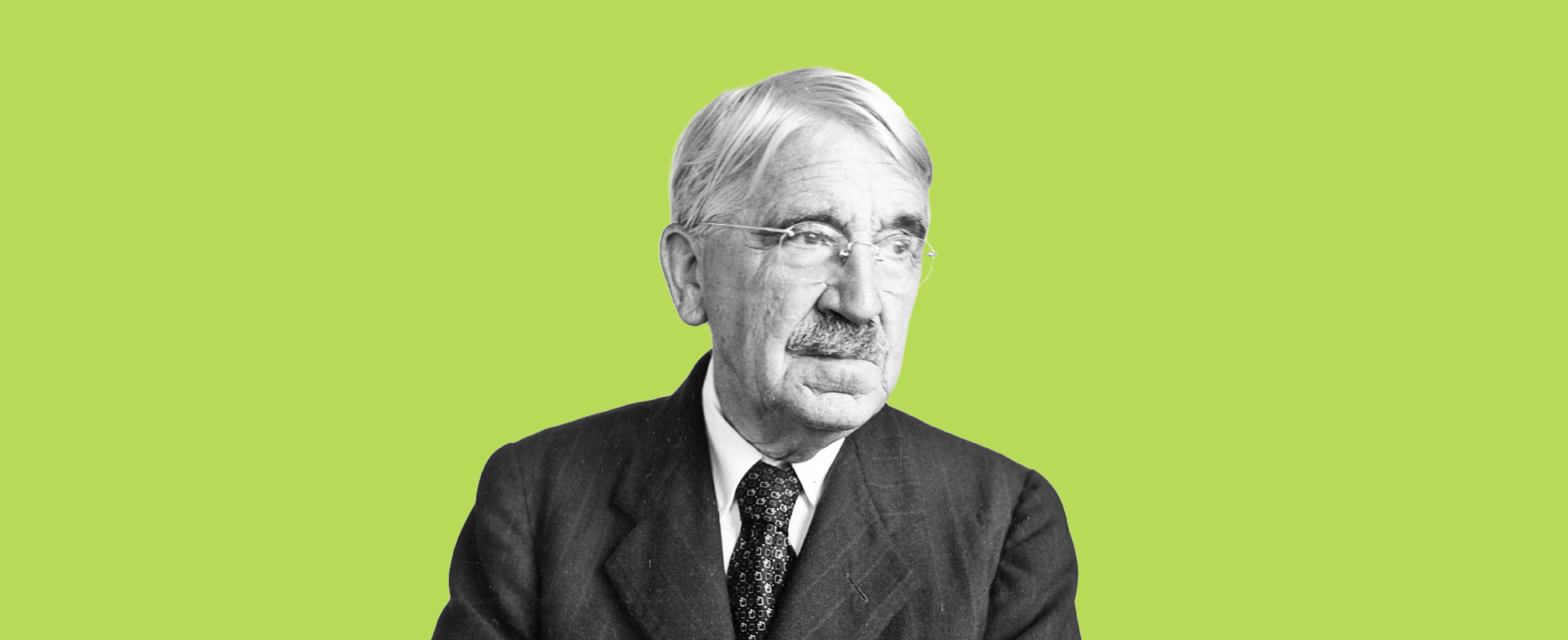America has served as a bastion of philosophical thought since the country’s inception. In the 19th century, leading minds such as Ralph Waldo Emerson and Henry David Thoreau penned highly influential writings on individualism and transcendentalism, laying the groundwork for countless thinkers who came after them. However, as American society evolved, much of the leading philosophical thought began to stray from those early nature-based writings and instead centered around modern topics such as art, science, and legal justice.
It can be challenging at times to fully understand the world we live in. However, we hope these books by some of the greatest American philosophers will help enlighten you and expand your mind.
“Self-Reliance” by Ralph Waldo Emerson
Nothing can bring you peace but yourself. Nothing can bring you peace but the triumph of principles.
Ralph Waldo Emerson was one of the earliest American proponents of looking inward to find the truth. He advocated shying away from communities — particularly religious ones — that would stunt self-growth. In his 1841 essay Self-Reliance, Emerson preaches the titular concept as a path that leads to true happiness, believing that immersing oneself in nature and trusting personal values is key for living a fulfilling life. This work, and others by Emerson, laid the foundation for the transcendentalist movement, which inspired many Americans to leave behind societal conformity in search of inner peace.
“Gender Trouble” by Judith Butler
There is nothing radical about common sense.
Judith Butler’s 1990 book Gender Trouble: Feminism and the Subversion of Identity is among the earliest and most formative works related to queer theory. At the time of its publication, gender was widely considered to be a binary concept, and there were very few prominent thinkers publishing works that posited otherwise. With her ideas about gender performativity, Butler ignited a conversation that included the LGBTQ+ community and helped revolutionize the way Americans view sex and gender.
“Walden” by Henry David Thoreau
Heaven is under our feet as well as over our heads.
For two years, two months, and two days, philosopher Henry David Thoreau lived a life of solitude alongside Walden Pond in Massachusetts. By immersing himself in nature, Thoreau sought to experience and learn more about the essentials of life, and in doing so he realized the transformative power of the natural world. His 1854 work Walden; or, Life in the Woods intertwines deep philosophical thought with academia and even a bit of humor, producing an indelible work that continues to resonate today among those looking to escape the feeling of being overwhelmed by society.
“Democracy and Education” by John Dewey
Nothing is more tragic than failure to discover one’s true business in life, or to find that one has drifted or been forced by circumstance into an uncongenial calling.
John Dewey’s Democracy and Education was first published in 1916, yet it remains a highly impactful work in the field of education. His progressive takes on the American education system propose forgoing rigid curriculums in favor of centering the learning process around each individual student’s needs. Dewey also suggests incorporating experimental and social elements into formal schooling to produce a more positive learning experience. While not all of Dewey’s theories have been readily implemented, this book helped reimagine the future of education.
“On Photography” by Susan Sontag
Photographs are a way of imprisoning reality … One can’t possess reality, one can possess images — one can’t possess the present but one can possess the past.
In 1977, Susan Sontag released On Photography, a collection of essays examining the role of photography throughout the course of American history. Sontag theorizes that photography actually reinforces whatever societal norms are currently in effect, as photographers are often anti-interventionists who seek to capture reality in the moment without interfering. Her critique is a fascinating investigation into how historic photographs can often serve as idealistic yet misleading depictions of various societies within America.
“A Theory of Justice” by John Rawls
Justice is the first virtue of social institutions, as truth is of systems of thought. A theory however elegant and economical must be rejected or revised if it is untrue; likewise laws and institutions no matter how efficient and well-arranged must be reformed or abolished if they are unjust.
John Rawls sought to offer an alternative to utilitarianism with his 1971 work A Theory of Justice. In this book, Rawls challenges what it means to be a stable society and wonders how rights, wealth, and justice should be distributed in a fair manner. Rawls’ later works — including 1993’s Political Liberalism (1993) and The Law of Peoples (1999) — expound upon these earlier thoughts, defending the idea of a fair and liberal society against critics from both extremes of the political spectrum.
“The Structure of Scientific Revolutions” by Thomas S. Kuhn
Normal science, the activity in which most scientists inevitably spend almost all their time, is predicated on the assumption that the scientific community knows what the world is like.
Before Thomas S. Kuhn, many believed that scientific progress was linear, and that repeated and gradual experiments led to better scientific understanding. In his 1962 book The Structure of Scientific Revolutions, Kuhn proposes that the more disruptive scientific moments are the ones that truly lead to a greater understanding of the world. Kuhn believes in the idea that scientific mistakes are blessings in disguise and only add to our understanding of the universe.
Featured image credit: JHU Sheridan Libraries/Gado/ Archive Photos via Getty Images
















